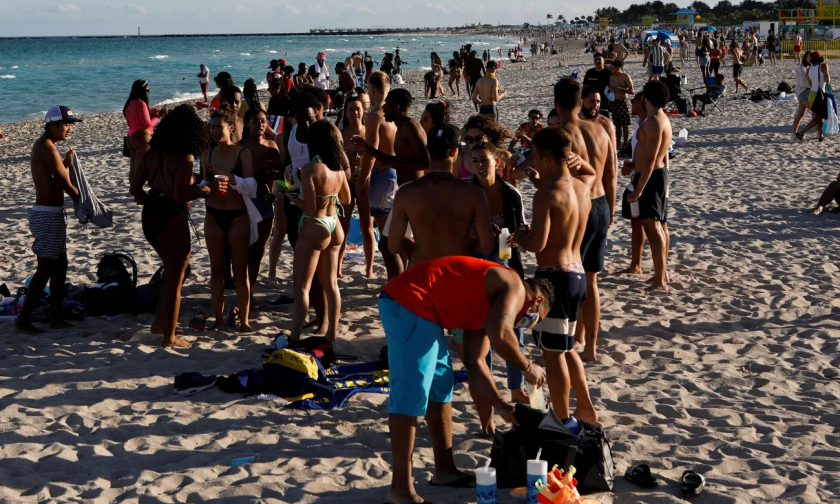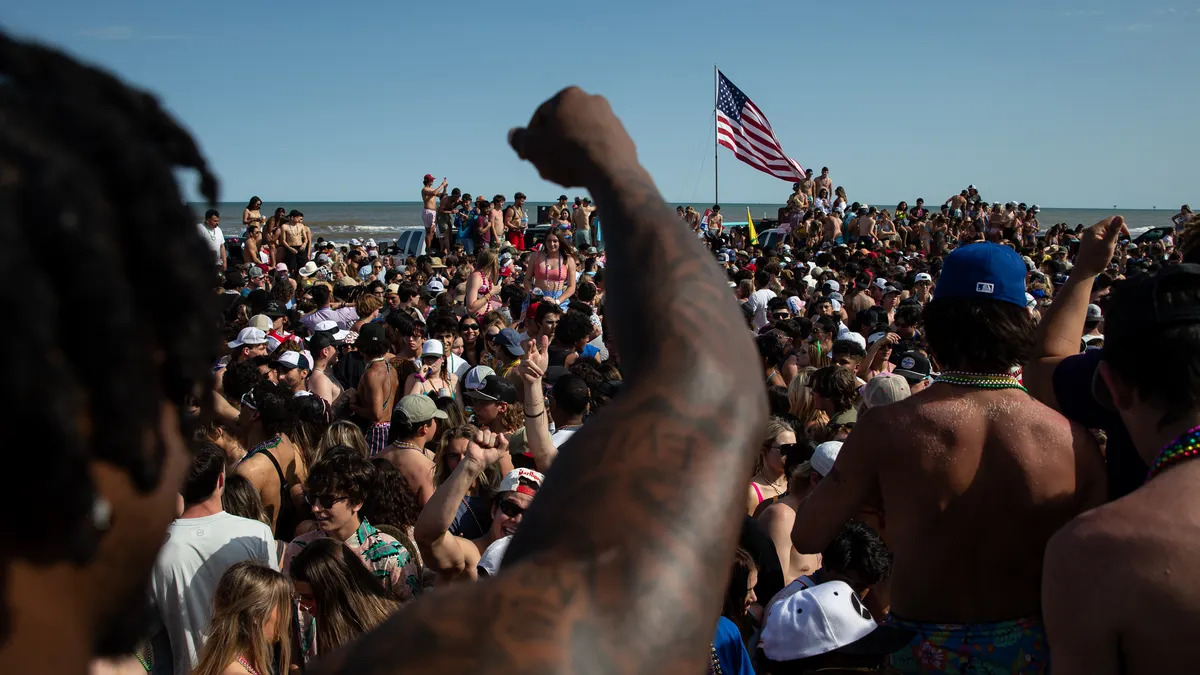Florida Attorney General Ashley Moody has issued a warning to travelers across the United States about vacation rental scams this summer.
“Florida is one of the most popular destinations in the country. Scammers will take advantage of this by creating fake hotel listings to steal personal information and money. Whether you’re traveling within or outside the state, remember to be cautious when booking accommodations to avoid being fully booked during your vacation,” said Ms. Moody.
Florida's beaches attract millions of tourists each year, but the area is also notorious for robberies, according to the New York Post.
Some cybersecurity experts call Florida the "fraud capital of the world." This isn't just limited to Sunshine State; it's widespread throughout the United States. In July, the FBI's Boston branch alerted residents to the increasing number of fraudulent rental agreements.
According to the agency, many scammers are creating fraudulent schemes targeting both short-term and long-term renters. FBI data shows that 11,578 people lost more than $350 million to this problem in 2021, a 64% increase from the previous year.
"I once handled a case where a family flew to Miami for a vacation. Upon arriving at their accommodation, they were told by the owner that there was no rental information whatsoever," recounted cybersecurity expert Hiram Del Amo.

Motel scams are rampant throughout Florida.
Del Amo warns that vacation rental scams are rampant on Craigslist and Facebook. In fact, some experts estimate that one-fifth of hotel listings on these online platforms are fake.
"About 20-25% of the accommodations listed there don't actually exist in real life," Del Amo added.
Families who fall for these scams lose thousands of dollars and have an unpleasant trip.
“We left Tennessee at 3 a.m. and arrived in Panama City around 11:30 a.m. When I messaged the broker on Facebook to ask about parking and the exact address, she immediately blocked me,” shared Katie Hall, one of the victims.
In that situation, the Hall couple and their three young sons had to scramble to find a new hotel. Eventually, the family found a place to stay, but they never got their money back.
“I lost $1,425 in rent. Because of this, my husband and I had to change our plans, not return to Tennessee, and find new accommodation,” Hall said.
To avoid falling victim to this, Del Amo advises travelers not to give cash, transfer money, or make any payments that cannot be withdrawn. Scammers will exploit this loophole to steal money. Additionally, they won't ask victims for credit card information because they know they will be charged fees. Facebook and Craigslist have warned users to be wary of scams and shared tips to avoid being tricked. Both companies also ask people to report any suspicious activity.

 VI
VI EN
EN
































